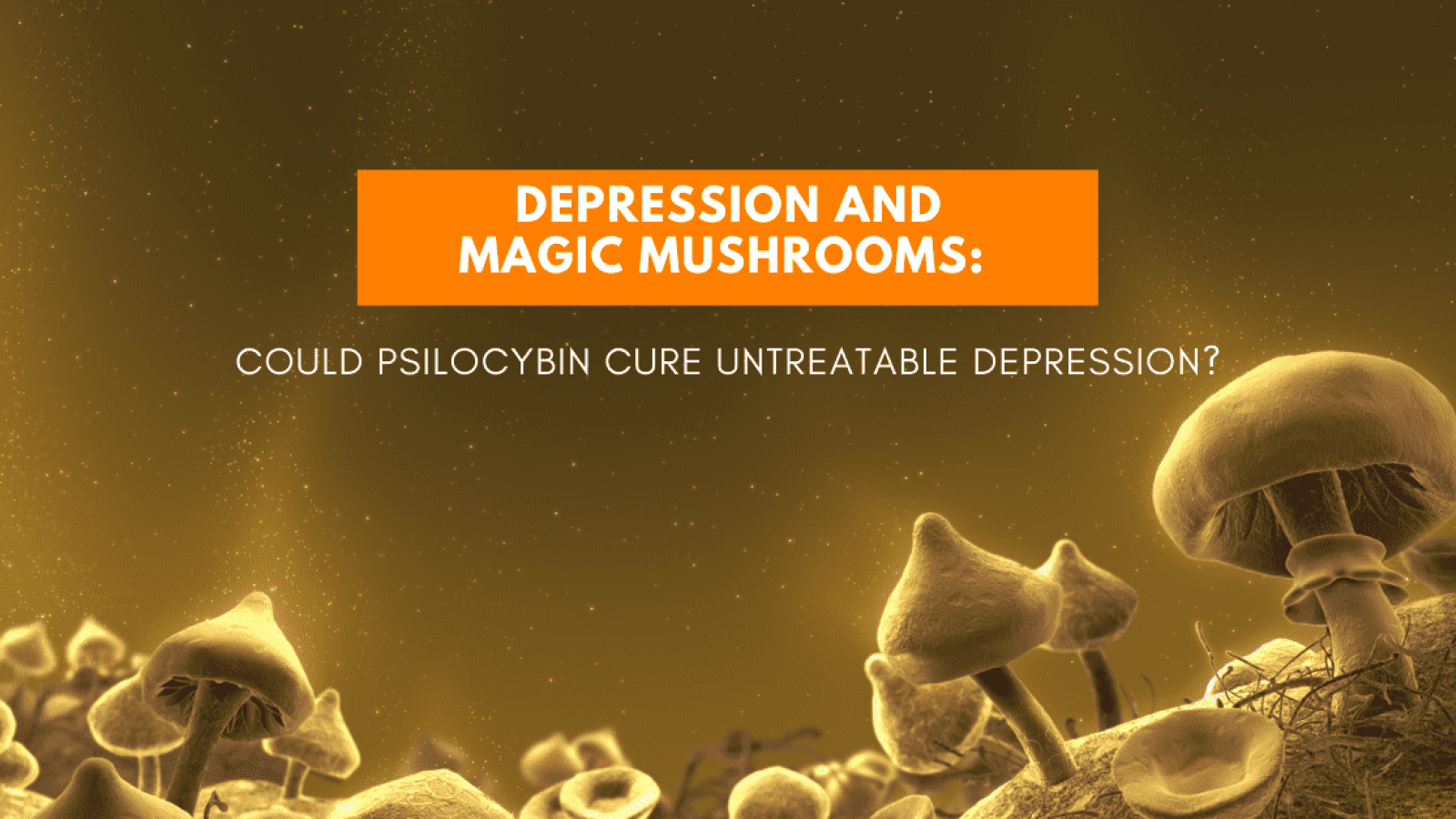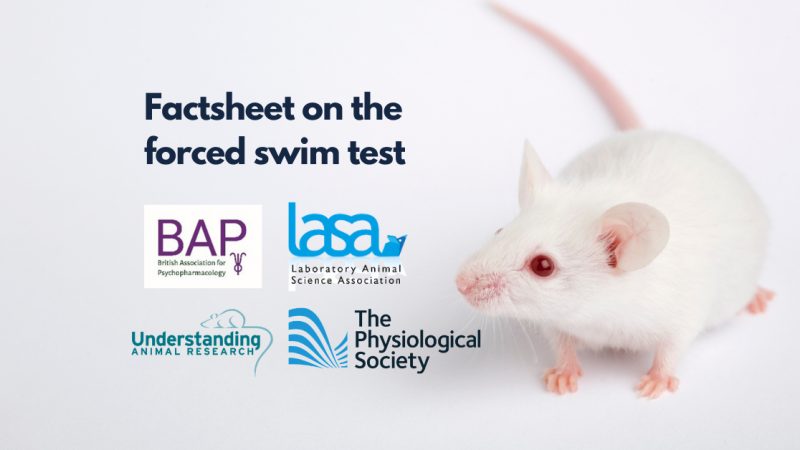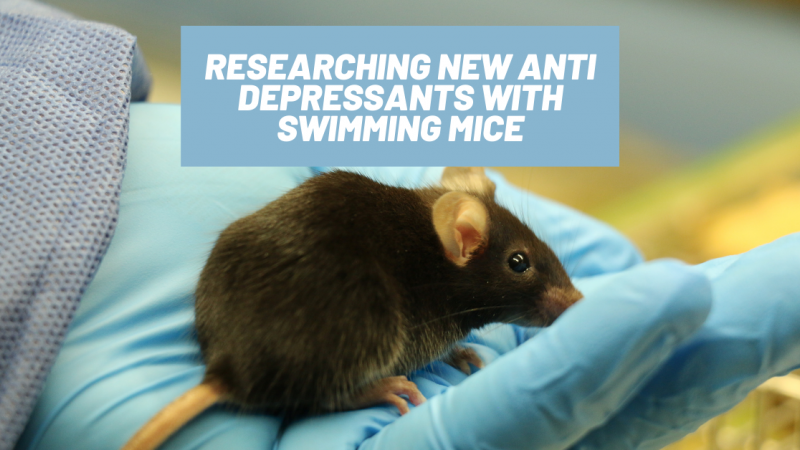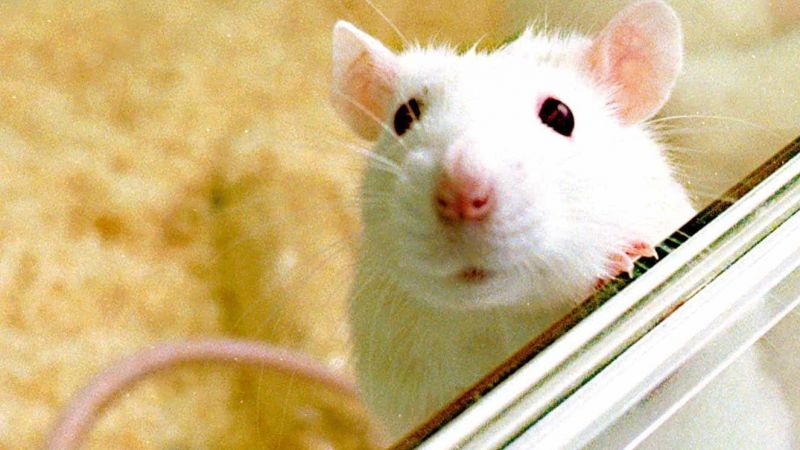Synthetic psilocybin in phase IIb trials for treatment-resistant depression
‘Magic’ mushrooms containing psilocybin have been used on a small scale recreationally for decades, although this use is banned in the UK.
Now, however, research is being conducted into the potential use of psilocybin therapy as a medicine. In a recent literature review*, the focus for psilocybin in ongoing clinical trials is mainly for the treatment of depression, OCD and substance misuse (namely tobacco and alcohol).
"Psilocybin has shown a relatively safe profile and very promising results, with reductions found on most of the psychiatric rating scales' scores. Research on depression showed the most solid evidence, supported by three randomised controlled trials."*
Trialling the use of psilocybin requires access to pharmaceutical grade material. Mental health care company, COMPASS Pathways, has developed a proprietary formulation of synthetic psilocybin, COMP360, for use in research and clinical trials.
COMPASS received FDA Breatkthrough Therapy designation for its programme of psilocybin therapy in treatment-resistant depression (TRD) in 2018. It is now conducting a randomised controlled phase IIb study of psilocybin therapy in 233 patients with TRD, all of whom are in the care of a therapist before, during and after the psilocybin session. Results from the trial are due out by the end of this year.
“There’s a huge difference in just taking magic mushrooms and what COMPASS is doing,” explains Gary Gilmour, Vice-President of preclinical research at COMPASS Pathways. “The psychological support side is crucial. It is considered to be as important as the psilocybin itself.”
The drug is also safer and more controlled than the psychoactive fungi.
“If you eat a natural mushroom, you won’t be sure of the dose of psilocybin you are ingesting,” says Gilmour “A whole host of other related active compounds could also be ingested depending on the species of mushroom. So in terms of guaranteeing the purity of what you’re taking, and knowing it’s exactly what it needs to be and at the right dose, there’s no comparison.”
The safety and the efficacy of the drug were first tested in animals. But the psychedelic research field is quite unusual in that there is more data in humans than in animals.
“There are hundreds, if not thousands of years of human experience, but the field is quite under-researched in animals,” says Gilmour. “It is complicated by the fact that animal models of psychiatric conditions are quite limited.”
Indeed, mind pathologies are very much human specific. There are hundreds of ways one can express the symptoms of depression for example.
“Creating a single rodent model that captures this complicated disease is somewhat nonsensical, or at the very least over ambitious,” adds Gilmour. “So instead of having an animal model of depression, we look at specific aspects of behaviour that link back to the disease such as anxiety, fear, reward, attention, and memory. In that context, it is less about modelling the disease and more about trying to look at the biology that a drug will influence.”
The work that led to COMP360 therefore differed from a traditional drug discovery program.
“Anecdotal reports in a non-medical setting were already showing human efficacy so we didn’t actually have to go through the phase of using animals to predict efficacy to start with. But we needed to find an established medical model to improve the already existing natural concoction,” says Gilmour.
Mice and rats were used.
“Typically, rats were called upon to study the more complicated aspects of cognitive behaviour. And obviously when it comes to safety, pharmacology and toxicology, regulatory agencies across the world mandate the use of both a rodent and a non-rodent non-human species.”
Wherever possible, the 3Rs - the set of principles that in vivo scientists consider before conducting a study - are implemented in the drug discovery process:
- Reduce: only use the correct number of animals as determined by statistical analyses, keep study designs as efficient as possible
- Refine: do everything you can to improve the welfare of the animal on study, e.g. toys in the home cage, analgesics after surgery, etc
- Replace: consider lower species (zebrafish, C. elegans) or in-silico modelling approaches instead of animals
“For example, we use in silico predictive software to replace the need for elements of pharmacokinetic and safety studies. And we’ve been trying to use other reduced human preparation models as well such as stem cell cultures. We place really high value on the translational validity of our work. We make sure that it absolutely relates back to human research. And if we can replace the animals, we’ll do that wherever possible,” states Gilmour.
In rodents and humans alike, psilocybin doesn’t cause the problems that might be associated with more classic controlled drugs, such as compulsive drug taking behaviours or withdrawal symptoms. Psychedelic drugs in rodents manifest through a behaviour called the head-twitch response which is literally what it sounds like. Researchers have shown that the intensity of that head-twitch response often correlates with the potency of psychedelic agents in humans.
Historically much animal psychedelic research has focused on the acute period, understanding what happens under the influence of the molecules. However, COMPASS hopes to pick up much longer changes in behaviour, signs that the efficacy of their compound works over time.
“A lot of our work is now reframing to pick up subacute or chronic effects. We’re starting to see that it’s possible to observe changes in the animals, days if not weeks after the psychedelic treatment.”
COMPASS is continuing its research using animals to gain further understanding.
“We are still trying to understand the mechanism of action of COMP360 in more detail,” explains Gilmour. “It will allow us to gauge the strategy in more detail and work out what other indications it might be used for. And more importantly, from a preclinical perspective, it might help us find a way to improve the drug. In a more classical drug discovery setting, this information might also help us find different compounds that might even be better than COMP360.”
“It’s a super exciting space to be in as a preclinical researcher. It is refreshing to know that you’re potentially setting up knowledge around efficacy in humans for the first time and giving hope of a better future to so many patients.”
*What is the clinical evidence on psilocybin for the treatment of psychiatric disorders? A systematic review: https://europepmc.org/article/PMC/PMC8055489
Last edited: 27 October 2022 19:12




